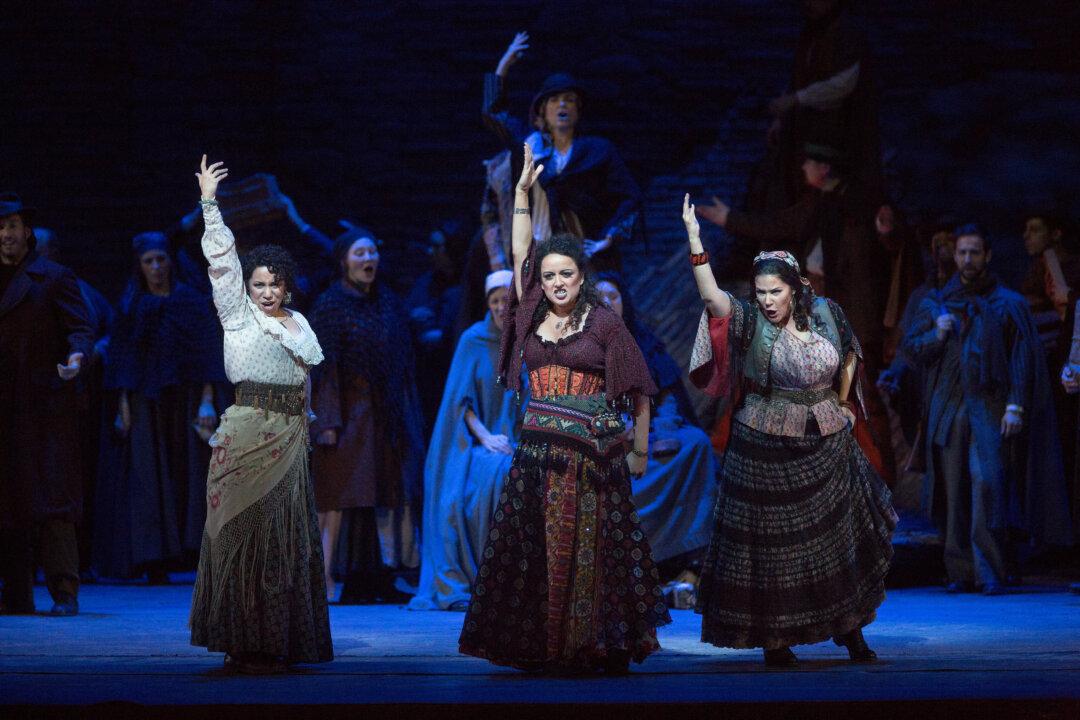NEW YORK—Like businesses everywhere, the Metropolitan Opera has to contend with the flu season. The original plan had been to split the performances of “Carmen” between two stars in the title role: Sophie Koch and Clémentine Margaine. Koch had to cancel for health reasons, but fortunately Margaine was available to fill in for her, taking over the entire run.
The Don José, sung by Marcelo Alvarez, also canceled the first performance, but by the second, which I attended, he appeared, albeit with an opening announcement asking for the audience’s indulgence: he had not yet fully recovered.
Georges Bizet penned one memorable melody after another.






